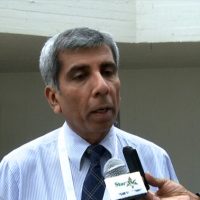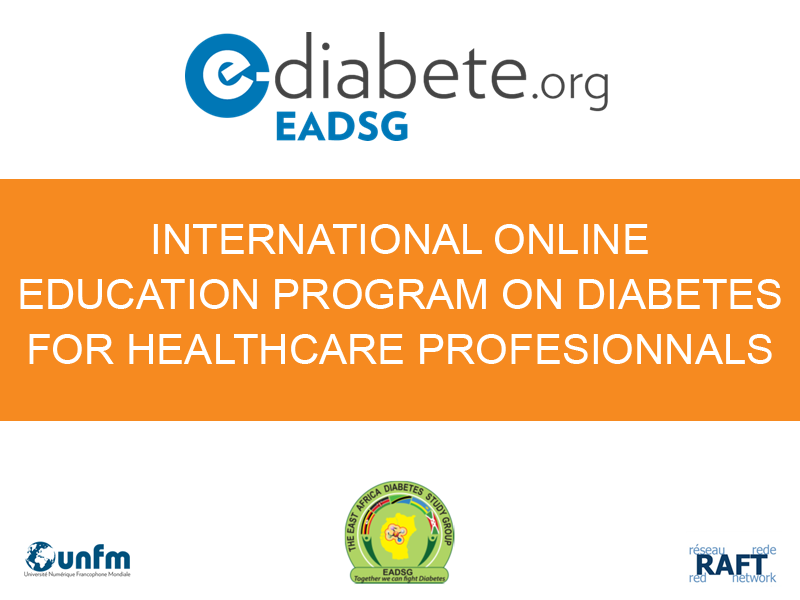Quiz-summary
0 of 15 questions completed
Questions:
- 1
- 2
- 3
- 4
- 5
- 6
- 7
- 8
- 9
- 10
- 11
- 12
- 13
- 14
- 15
Information
HYPOGLYCAEMIA
You have already completed the quiz before. Hence you can not start it again.
Quiz is loading...
You must sign in or sign up to start the quiz.
You have to finish following quiz, to start this quiz:
Results
0 of 15 questions answered correctly
Your time:
Time has elapsed
You have reached 0 of 0 points, (0)
Categories
- Not categorized 0%
-
You need to review the course to improve your result.
-
That’s good, feel free to review the course to improve your result.
- 1
- 2
- 3
- 4
- 5
- 6
- 7
- 8
- 9
- 10
- 11
- 12
- 13
- 14
- 15
- Answered
- Review
-
Question 1 of 15
1. Question
Regarding hypoglycaemia (check if true)
Correct
Incorrect
-
Question 2 of 15
2. Question
The following are symptoms of hypoglycaemia:
Correct
Incorrect
-
Question 3 of 15
3. Question
The following are autonomic features of hypoglycaemia
Correct
Incorrect
-
Question 4 of 15
4. Question
The following are neuroglycopenic features of hypoglycaemia
Correct
Incorrect
-
Question 5 of 15
5. Question
Hypoglycaemia unawareness (impaired perception of, or reaction to the early warning symptoms of hypoglycaemia) making the patient more vulnerable to developing severe hypoglycaemia may result from:
Correct
Incorrect
-
Question 6 of 15
6. Question
Hypoglycamia is not directly caused by diabetes but its treatment
Correct
Incorrect
-
Question 7 of 15
7. Question
Hypoglycaemic symptoms may occur in people with blood glucose higher than 3.9mmol/l
Correct
Incorrect
-
Question 8 of 15
8. Question
In treated type 1 DM (check if true)
Correct
Incorrect
-
Question 9 of 15
9. Question
In treated type 2 DM (check if true)
Correct
Incorrect
-
Question 10 of 15
10. Question
Nocturnal hypoglycaemia (check if true):
Correct
Incorrect
-
Question 11 of 15
11. Question
In both mild and moderate hypoglycaemia, patients are able to recognize the symptoms
Correct
Incorrect
-
Question 12 of 15
12. Question
In severe hypoglycaemia, patients have altered consciousness
Correct
Incorrect
-
Question 13 of 15
13. Question
Common causes of hypoglycaemia include (check if true)
Correct
Incorrect
-
Question 14 of 15
14. Question
Outside health facilities, severe hypoglycaemia (check if true)
Correct
Incorrect
-
Question 15 of 15
15. Question
In the treatment of hypoglycaemia, the rule of 15 refers to:
Correct
Incorrect
Quiz-summary
0 of 15 questions completed
Questions:
- 1
- 2
- 3
- 4
- 5
- 6
- 7
- 8
- 9
- 10
- 11
- 12
- 13
- 14
- 15
Information
HYPOGLYCAEMIA
You have already completed the quiz before. Hence you can not start it again.
Quiz is loading...
You must sign in or sign up to start the quiz.
You have to finish following quiz, to start this quiz:
Results
0 of 15 questions answered correctly
Your time:
Time has elapsed
You have reached 0 of 0 points, (0)
Categories
- Not categorized 0%
-
You need to review the course to improve your result.
-
That’s good, feel free to review the course to improve your result.
- 1
- 2
- 3
- 4
- 5
- 6
- 7
- 8
- 9
- 10
- 11
- 12
- 13
- 14
- 15
- Answered
- Review
-
Question 1 of 15
1. Question
The following are symptoms of hypoglycaemia:
Correct
Incorrect
-
Question 2 of 15
2. Question
Regarding hypoglycaemia (check if true)
Correct
Incorrect
-
Question 3 of 15
3. Question
The following are autonomic features of hypoglycaemia
Correct
Incorrect
-
Question 4 of 15
4. Question
The following are neuroglycopenic features of hypoglycaemia
Correct
Incorrect
-
Question 5 of 15
5. Question
Hypoglycaemia unawareness (impaired perception of, or reaction to the early warning symptoms of hypoglycaemia) making the patient more vulnerable to developing severe hypoglycaemia may result from:
Correct
Incorrect
-
Question 6 of 15
6. Question
Hypoglycamia is not directly caused by diabetes but its treatment
Correct
Incorrect
-
Question 7 of 15
7. Question
Hypoglycaemic symptoms may occur in people with blood glucose higher than 3.9mmol/l
Correct
Incorrect
-
Question 8 of 15
8. Question
In treated type 1 DM (check if true)
Correct
Incorrect
-
Question 9 of 15
9. Question
In treated type 2 DM (check if true)
Correct
Incorrect
-
Question 10 of 15
10. Question
Nocturnal hypoglycaemia (check if true):
Correct
Incorrect
-
Question 11 of 15
11. Question
In both mild and moderate hypoglycaemia, patients are able to recognize the symptoms
Correct
Incorrect
-
Question 12 of 15
12. Question
In severe hypoglycaemia, patients have altered consciousness
Correct
Incorrect
-
Question 13 of 15
13. Question
Common causes of hypoglycaemia include (check if true)
Correct
Incorrect
-
Question 14 of 15
14. Question
Outside health facilities, severe hypoglycaemia (check if true)
Correct
Incorrect
-
Question 15 of 15
15. Question
In the treatment of hypoglycaemia, the rule of 15 refers to:
Correct
Incorrect
To take advantage of free full access to the education program. Sign-in / Fill the registration

Prof. Kaushik Ramaiya
Prof. Kaushik Ramaiya, MB,ChB, MMed. is Consultant Physician (Internal Medicine / Endocrinology) and Chief Executive Officer at Shree Hindu Mandal Hospital, Dar es Salaam, Tanzania, Hon. Professor of Medicine & Global Health at Liverpool School of Tropical Medicine, UK., and Hon. Lecturer at the Department of Internal Medicine at Muhimbili University of Health and Allied Sciences (MUHAS), Dar es Salaam.
Prof. Ramaiya has been actively involved in research on diabetes for many years. He specialised, among other topics, on glucose tolerance and cardiovascular disease risk factors and mainly focused on Indian communities living in Africa.


